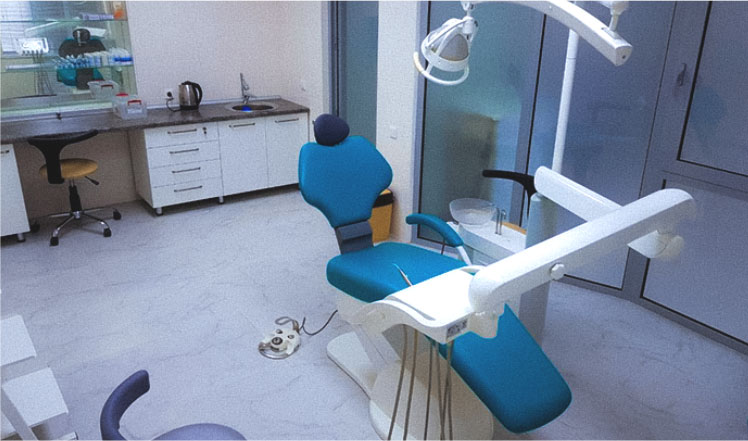Studies suggest this supplement could reduce hangover symptoms

During the pandemic, many people are turning to virtual happy hours to stay connected to far-flung friends and family. And while dealing wit a hangover while working from home may be less brutal than doing so in the office, the headaches and nausea can still interfere with your ability to focus.
But new research out of Finland points to a potential hangover cure: L-Cysteine supplements. People who took an L-Cysteine supplement after three hours of drinking alcohol reported lower levels of nausea, headaches and anxiety the next morning than those who took a placebo, according to the study, which was published in the Oxford Academic journal of Alcohol and Alcoholism.
If it sounds too good to be true, it may be. There are some noteworthy limitations to this study: for starters, it was only done on a small group of 19 men who were given free booze. Further, this new research was funded by a Finnish cat food company, Catapult Cat, which sells L-Cysteine supplements.
Still, while the only true “hangover cure” as we know it is drinking less, other research has suggested that L-Cysteine has specific properties that make it appropriate for treating hangovers.
When your body metabolizes alcohol, it creates a toxic byproduct that’s called acetaldehyde. Your liver typically neutralizes acetaldehyde, breaking it down into water and carbon dioxide. However, when you’re drinking a lot, it can be hard for your liver to keep up with producing enzymes to process acetaldehyde. The cocktail of symptoms that we associate with a “hangover” are really just your body trying to get rid of the excess acetaldehyde.

Enter L-Cysteine. This is an amino acid, which are the organic compounds that make up protein, often referred to as “the building blocks of life,” that can be found in supplement form as well as real foods like eggs, nuts and dairy. Other studies have shown that taking L-Cysteine as a dietary supplement essentially gives your liver the boost it needs in order to process the excess alcohol in your system.
For example, in a 2018 Japanese study, researchers gave drinkers a lozenge containing L-Cysteine, and then measured their saliva 60 minutes after drinking alcohol. Those who took L-Cysteine had “significantly lower” concentrations of acetaldehyde in their saliva than those who took a placebo.
And in a clinical setting, the compound can be found in drugs that treat medical conditions including liver damage, respiratory conditions, overdoses of acetaminophen as well as addiction and withdrawal.
In the new study, participants who took a 1,200 mg dose of L-Cysteine reported less headache and nausea. Those who only took 600 mg said they felt less stressed and anxious, two common side effects of hangovers.
Study participants were all men, and they drank in accordance to their bodyweight, with 1.5 grams per kilogram of body weight. For example, a 165-pound man in the study would drink nine servings of a mixed drink that contained 10% alcohol by volume over the course of three hours.
Ideally, you shouldn’t drink to the point that you would have a hangover in the first place: The Dietary Guidelines for Americans does not suggest that people start drinking alcohol. Those who do drink alcohol should stick to “moderate consumption,” defined as having up to one drink (12 ounces of beer, 8 ounces of malt liquor, 5 ounces of wine and 1.5 ounces of 80-proof distilled spirits or liquor) per day, according to the guidelines.
Although there are no known side effects of taking L-Cysteine, the supplement can decrease the potency of certain drugs. (Plus, dietary supplements are not regulated by the Food and Drug Administration.) So, it’s important to talk to your doctor before taking it, or any other dietary supplement.
https://www.cnbc.com/2020/08/22/research-finds-l-cysteine-could-prevent-hangover-symptoms.html




